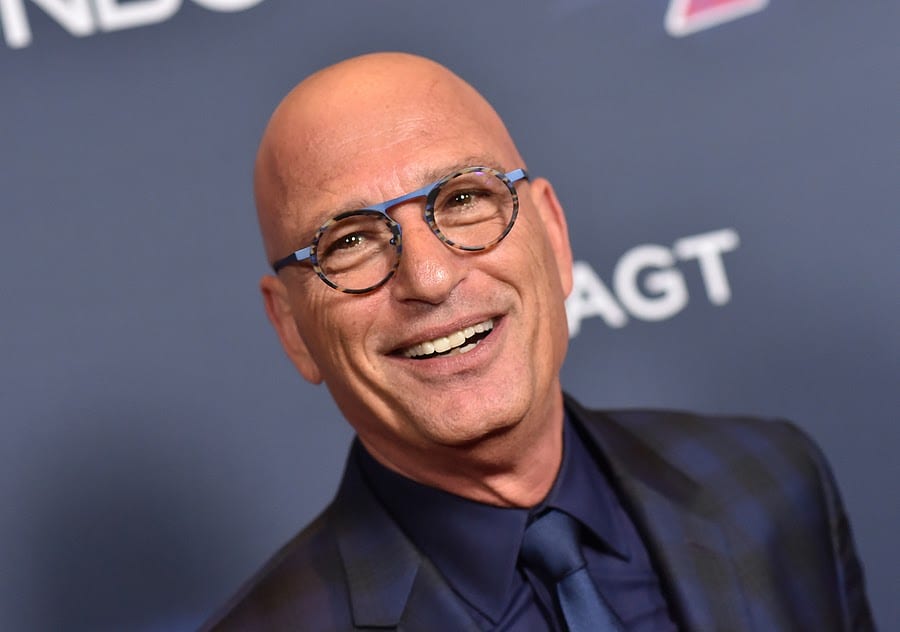Obsessive compulsive disorder, or OCD, is a mental health disorder that can affect people of all ages, classes, races, and walks of life. Strongly linked to disorders like Anxiety, OCD is characterized by obsessive thoughts, like unwanted and intrusive images, ideas, or feelings, and compulsions, behaviors that are performed in an attempt to relieve intensely distressing feelings.
According to the Anxiety and Depression Association of America (ADAA), OCD affects approximately 1 in 40 adults and 1 in 100 adults in the United States. As expected, this disorder is not reserved exclusively for the poor or the “average” person. In fact, even majorly famous household names can be affected.
In a recent interview with People, television personality and game show host Howie Mandel opened up about his experiences living with severe anxiety and obsessive compulsive disorder and how much of a struggle it can be each and every day.
“I’m living in a nightmare,” Mandel, who first exhibited symptoms of his OCD as a child, told People. “I try to anchor myself. I have a beautiful family and I love what I do. But at the same time, I can fall into a dark depression I can’t get out of,” he added.
The comedian and competition show host has stated that his innate ability to rely on comedy and to “find the light” amidst the darkness has been a great coping mechanism for him.
“Comedy saved me in a way,” says Mandel. “I’m most comfortable onstage. And when I don’t have anything to do, I turn inward – and that’s not good…this is my reality. I know there’s going to be darkness again – and I cherish every moment of light.”
Mandel has been married to his wife, Terry, since 1980. Together, they have three children. A son, Alex, who is 31, and daughters Riley, 28, and Jackie, 36 (who also suffers from anxiety and OCD).
For Mandel, unwanted, intrusive thoughts are often an everyday occurrence, but his experiences were especially challenging at the height of the ongoing COVID-19 pandemic.
“There isn’t a waking moment of my life when ‘we could die’ doesn’t come into my psyche,” he says. “But the solace I would get would be the fact that everybody around me was okay. It’s good to latch onto okay. But [during the pandemic] the whole world was not okay, and it was absolute hell.”
Although diagnosed with the disorder in his 40s, Mandel didn’t go public with his condition until 2006, and admits that he struggled to make the decision to do so, but raising awareness about conditions like anxiety and OCD ultimately led him to follow through.
“People see inconsistencies, especially in the media,” Mandel said. “‘Oh he hugged someone’ or ‘he shook someone’s hand.’ I can shake your hand. But then I’d think I didn’t wash it well enough. And I’d go back and forth in a loop washing my hands for hours. I understand the funny in that. But it doesn’t mean it isn’t incredibly painful…my life’s mission is to remove the stigma…”
Ending the stigma for those who suffer from mental health conditions is vitally important to both our social and scientific understanding of mental health treatment. At Lehigh Center For Clinical Research, we strive to make the world a better place for those who deal with mental health issues, like anxiety and obsessive compulsive disorder, each and every day.
Our team sets a higher standard in delivering both quality and care to our participants and reliable clean data to our pharmaceutical partners. Our study experience is diverse and effective, and we’d love for you to come and see that for yourself.
If you’re interested in being a part of our journey to create better lives for those suffering from mental health disorders, click here to check out how you can get involved in one of our many ongoing studies or clinical trials. We look forward to seeing you!







